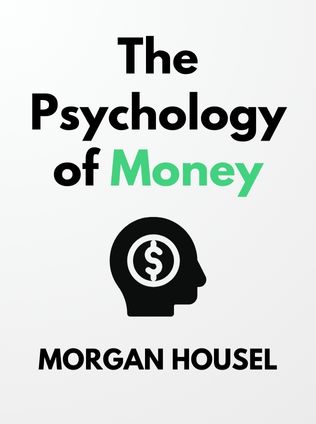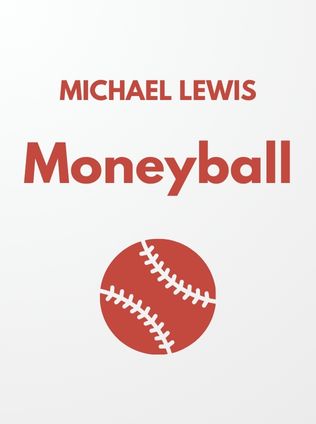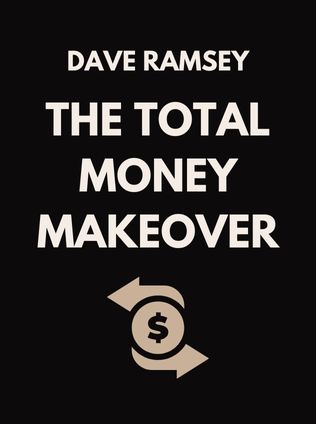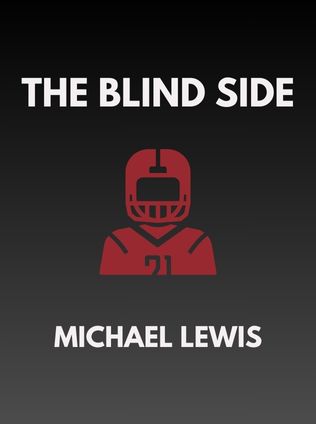
About the Author
Michael Lewis is a renowned author and financial journalist, celebrated for his ability to translate the complexities of financial markets into compelling narratives. Born in New Orleans in 1960, Lewis graduated from Princeton University and the London School of Economics. His career began in the world of finance, where he worked as a bond salesman at Salomon Brothers, an experience that would later form the basis of his first book, Liar's Poker. This debut work not only established him as a significant voice in financial journalism but also provided readers with a critical insight into the workings of Wall Street during the 1980s.
Lewis’s subsequent works, including The Big Short, Moneyball, and The Blind Side, demonstrate his versatility and ability to uncover stories that resonate far beyond their initial subjects. His focus often lies in the human element within complex systems, whether it's the financial markets, sports, or technology. Flash Boys, published in 2014, continues this tradition by exploring the impact of high-frequency trading (HFT) on the US stock market. Through his meticulous research and engaging writing style, Lewis exposes the hidden mechanics of financial markets and the individuals who shape them, making him one of the most influential non-fiction writers of his generation.
Main Idea
Flash Boys is a profound investigation into the rise of high-frequency trading and its implications for the fairness of the US stock market. Michael Lewis unveils how technological advancements, particularly HFT, have reshaped trading in ways that benefit a select few while disadvantaging the majority of investors. The book centers on the journey of Brad Katsuyama, a Canadian trader who discovers the predatory practices of HFT firms and decides to challenge the status quo by creating a fairer stock exchange, IEX (Investors Exchange). Through this narrative, Lewis critiques the lack of transparency and the inherent conflicts of interest within the financial system, revealing how the market has been rigged in favor of those who can afford to exploit its weaknesses.
Table of Contents
- Introduction: The Game is Rigged
- Brad Katsuyama: The Accidental Hero
- The Rise of High-Frequency Trading
- The Mechanics of a Rigged Market
- The Flash Crash: A Warning Ignored
- Building IEX: A Quest for Fairness
- The Wall Street Reaction: Pushback and Denial
- Conclusion: The Fight Continues
Introduction: The Game is Rigged
The book opens with a stark assertion: the stock market, a cornerstone of global capitalism, is rigged. Lewis introduces the concept of high-frequency trading, a practice where firms use powerful computers to execute trades in microseconds, gaining an unfair advantage over ordinary investors. These firms exploit minute differences in stock prices across various exchanges, raking in billions of dollars while eroding trust in the financial system.
Lewis emphasizes that the problem lies not just in the technology itself but in how it has been allowed to operate unchecked. The regulatory bodies, designed to protect investors, have failed to keep pace with technological advancements, leading to a market where speed trumps fairness. This sets the stage for the rest of the book, where Lewis systematically unravels the layers of deception that have come to define modern trading.
Sign up for FREE and get access to 1,400+ books summaries.
You May Also Like
Rich Dad Poor Dad
What the Rich Teach Their Kids About Money - That the Poor and Middle Class Do Not!
By Robert T. KiyosakiFreakonomics
A Rogue Economist Explores the Hidden Side of Everything
By Steven D. Levitt and Stephen J. DubnerFactfulness
Ten Reasons We're Wrong About the World – and Why Things Are Better Than You Think
By Hans RoslingPrisoners of Geography
Ten Maps That Tell You Everything You Need to Know About Global Politics
By Tim MarshallNudge
Improving Decisions About Health, Wealth, and Happiness
By Cass R. Sunstein, Richard H. Thaler



















